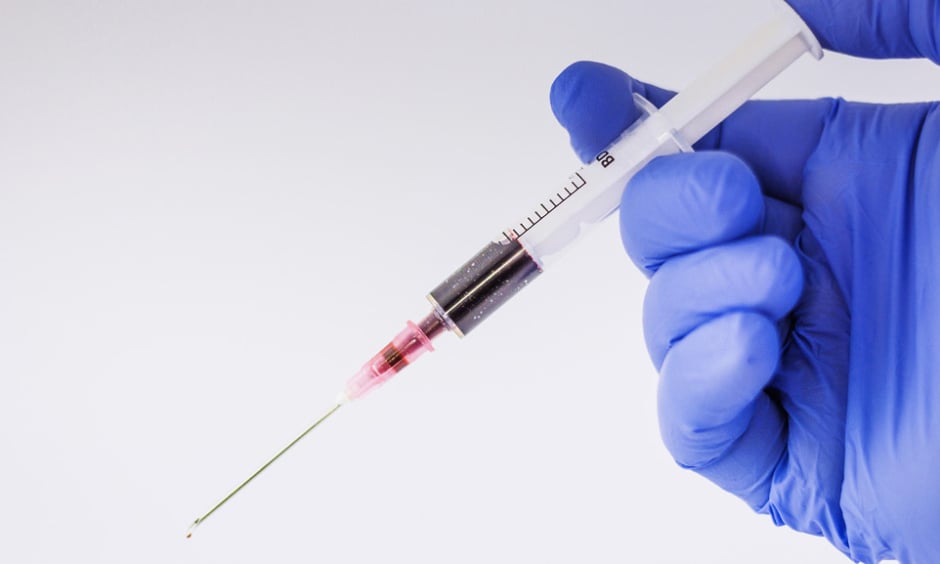A NOVEL biomarker within the blood has been identified that could allow the earlier detection of kidney cancer, suggest researchers from Imperial College London, London, UK. KIM-1, a protein found in the blood, could be a key investigative marker for predicting the risk of developing renal cancer.
Comparing the blood of 190 people who later developed kidney cancer with 190 cancer-free controls, researchers recorded that levels of KIM-1 were notably higher in the former. High levels of this protein were also found to be associated with poor survival. “This work is a big step forward; KIM-1 is the only blood biomarker shown prospectively to distinguish between people at high and low risk of kidney cancer,” explained co-first author Dr David Muller, Imperial College London.
Researchers are hopeful that in future this biomarker could be used alongside imaging technology to provide a more accurate and, crucially, an earlier diagnosis. When diagnosed early, kidney cancer has a >5-year survival rate of 80%; however, early-stage kidney cancer is often asymptomatic and currently >40% of kidney cancer cases are not diagnosed until the late stage, where survivability falls to just 10%. Thus, this research represents an important step in advancing the diagnostic process to impact those who will benefit most. “The next steps are to look more closely at whether KIM-1 levels can help detect tumours that have a good prognosis, so those at an early stage, and to find out if it could be used as a tool to track whether a patient’s treatment is working,” continued Dr Muller. The research team aim to validate the marker’s efficacy in prospective studies of larger populations.
This research adds to a plethora of current research showing the efficacy of blood tests for various cancers. “The potential of blood tests for the detection and monitoring of cancers is becoming increasingly apparent, and this work offers further evidence that they could become powerful tools in the clinic,” concluded Prof Charles Swanton, Cancer Research UK’s Chief Clinician.








